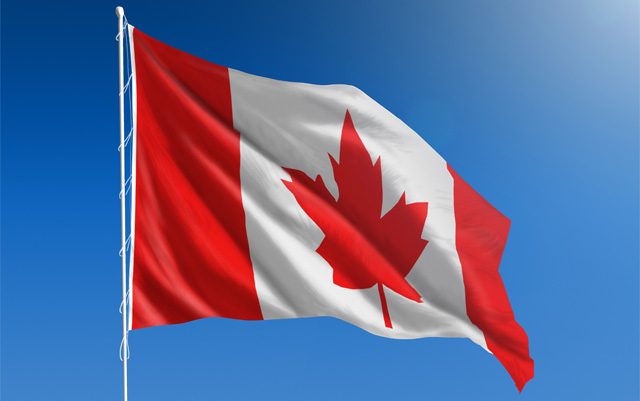In 2018 Canada took a huge step forward for cannabis reform when they legalized the possession, cultivation and commercial sale of the plant for adults, making them the largest nation in the world to do so. Since then, they have been under the watchful eye of many – like the states in the U.S. that have legalized cannabis – to see how it plays out. After a year and a half, Canada is still defending their decision to the United Nations (UN) Commission on Narcotic Drugs.
“The illegal market has already lost 30% of its market share, and we have seen no corresponding increase in the overall size of the market,” said Michelle Boudreau, director general for Health Canada’s controlled substances department, according to a written copy of her remarks. “This represents nearly $2 billion in sales that did not go to criminal organizations.”
It’s not surprising that there are still those who are skeptical of legalization. After spending years under the smoke and mirrors created by Reefer Madness and the War on Drugs, it’s impressive that we’ve come as far as we have in the last decade. And Canada wants the world to see the progress they’ve made.
Prohibitionists might argue that Canada has “only reduced illegal sales by 30%”. However, when you consider that this is only a year and a half into the country legalizing cannabis, that’s a good start. After all, not everyone is going to turn away from buying illegally at first until they decide it’s worth it – whether it be price, quality or ease of purchase.
More importantly, it was pointed out that there doesn’t appear to be a change in the number of people using cannabis – adults or minors. The truth is that legalization will only make it safer for the people who already use cannabis, and reduce the chances that teens and children are able to access it. From requiring ID at the register to child-resistant packaging, a regulated market is safer and smarter – and Canada is proving that.
“We have some fundamental issues around the conventions that state parties will need to start looking at,” said INCB President Cornelis P. de Joncheere, according to Marijuana Business Daily. “We have to recognize that the conventions were drawn up 50 and 60 years ago.”
At this point, it doesn’t seem like we’re looking at any sort of immediate change on a global scale. However, lawmakers at the UN International Narcotics Control Board (INCB) have at least admitted that perhaps their policies are a bit outdated. Hopefully, Canada’s progress – as well as that of the states in the U.S. that have legalized – will help provide a framework for how legalization should look everywhere.
Maybe in the next decade of reform, we could see changes on a larger scale. Until then, those places where cannabis is already legal – or anywhere it becomes legal – will continue to pave the way for the future of legal cannabis.






